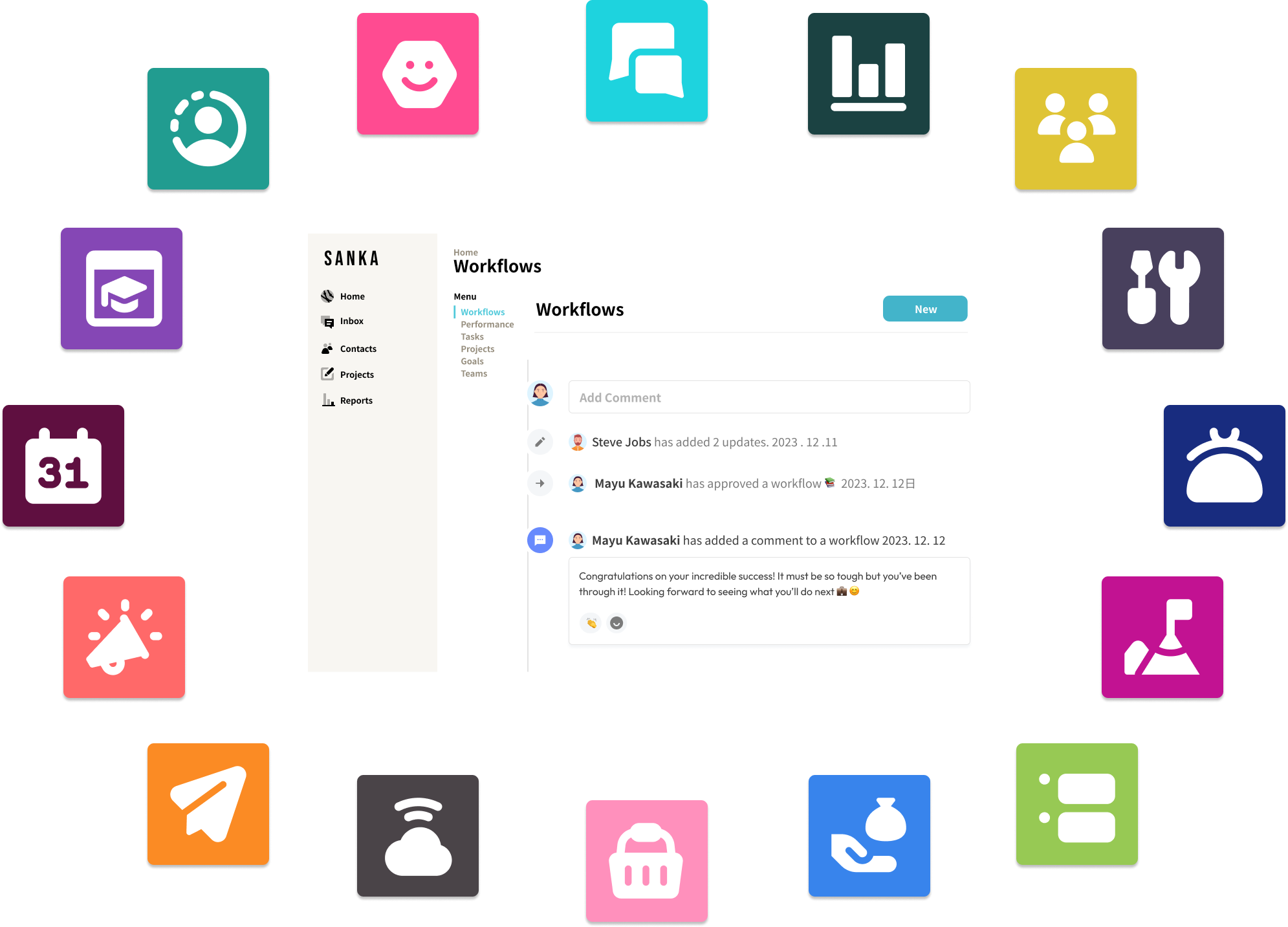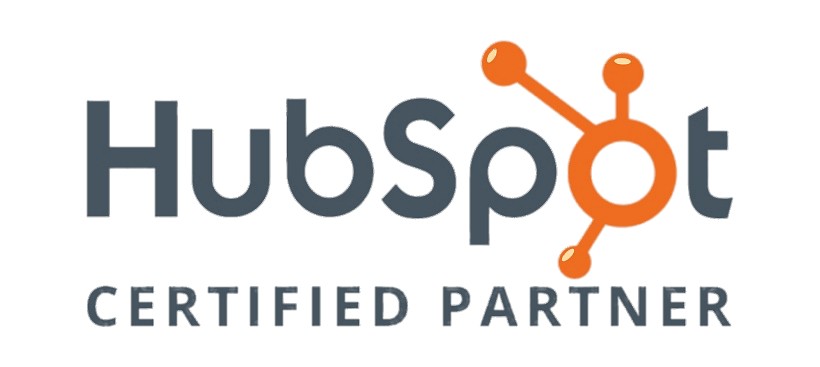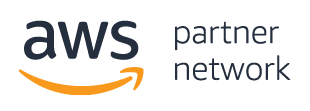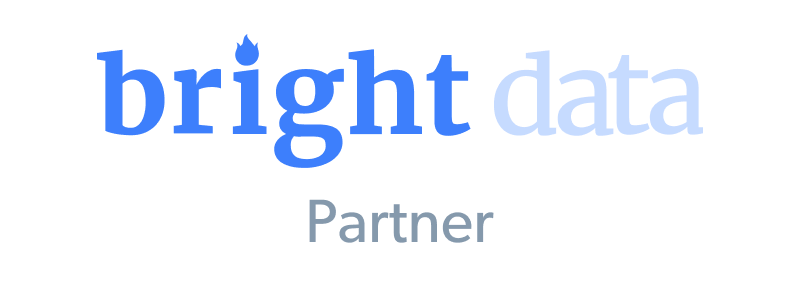Introduction
The role of artificial intelligence (AI) has transcended its initial boundaries, permeating various sectors and industries.
One such domain that has witnessed a paradigm shift due to AI is talent acquisition and recruitment. Traditional recruiting methods have often been time-consuming, resource-intensive, and plagued with biases.
However, the emergence of AI-powered tools and technologies has revolutionized the recruiting process, offering efficiency, objectivity, and enhanced decision-making capabilities.
Sanka
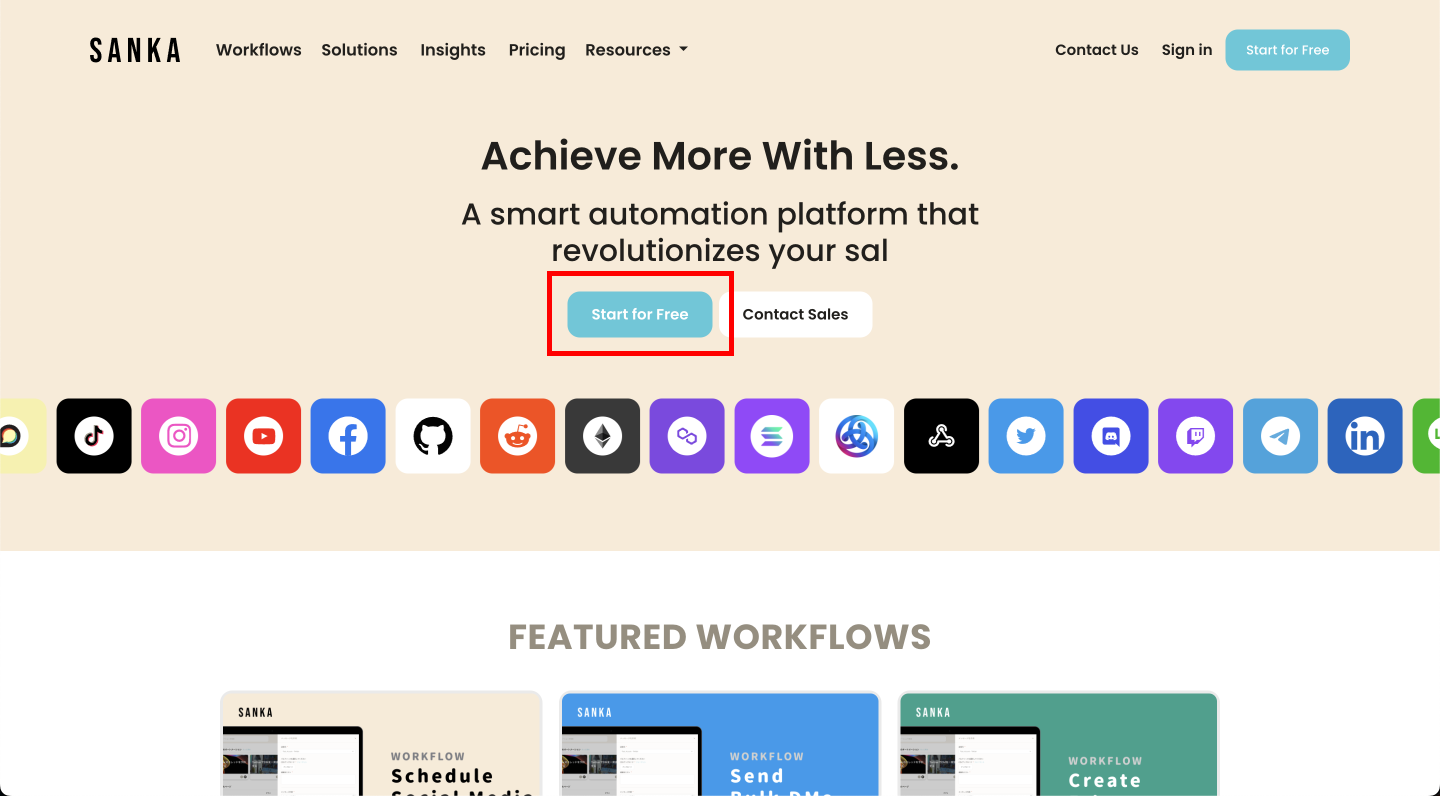
There are plenty of meaningful tools to help you on your hiring journey, but Sanka combines all the best aspects of the other tools while providing you with automation that you can’t find on any other platform!
With Sanka you can automate:
-
Social media posts on platforms such as Twitter, Discord, LinkedIn etc…
-
AI generated job postings
-
Content Marketing
And many other features! Perhaps the biggest thing that differentiates Sanka from other platforms is Sanka’s ability to not only automate posts but also track and quantify engagement allowing you to gain an understanding of how the content you produce is received.
The Evolution of Recruiting

Recruiting, as an essential function of human resource management, has undergone a significant transformation over the years.
Traditional methods of recruitment, such as manually reviewing resumes, conducting interviews, and evaluating candidates, were not only labor-intensive but also prone to subjectivity and unconscious biases.
The advent of technology began to alleviate some of these challenges, with online job boards and applicant tracking systems streamlining certain aspects of the process.
AI technologies, including machine learning, natural language processing (NLP), and data analytics, have enabled the creation of sophisticated tools that automate and enhance various stages of recruitment, from candidate sourcing and screening to predictive analytics for successful hires.
Benefits of AI in Recruiting

Efficiency and Time Savings
AI-driven recruitment platforms can significantly expedite the hiring process. Machine learning algorithms analyze resumes, identify relevant skills and experiences, and match candidates to job descriptions, thereby reducing the time spent on initial screenings.
This efficiency allows recruiters to focus their efforts on high-value tasks, such as building relationships with candidates and stakeholders.
Bias Mitigation
Human biases, whether conscious or unconscious, can influence hiring decisions and perpetuate inequality.
AI offers the potential to minimize bias by making decisions based on objective data rather than subjective impressions. By standardizing evaluation criteria, AI can help create a fairer and more inclusive recruitment process.
Data-Driven Insights
AI systems generate valuable insights from vast amounts of data, enabling recruiters to make informed decisions.
These insights can encompass candidate sourcing patterns, market trends, and performance predictions, aiding recruiters in identifying the best-fit candidates and optimizing their strategies.
Enhanced Candidate Experience

Chatbots and virtual assistants powered by AI can engage with candidates throughout the application process, answering queries, providing updates, and even conducting preliminary interviews.
This personalized and responsive interaction enhances the candidate experience, showcasing the organization's commitment to innovation and efficiency.
Predictive Analytics
AI algorithms can analyze historical hiring data to identify patterns of successful hires, allowing organizations to predict which candidates are more likely to thrive in specific roles. This predictive capability enhances the likelihood of making well-informed hiring decisions.
Challenges and Considerations

Algorithmic Bias
While AI has the potential to mitigate human biases, it can also inherit biases present in the data it is trained on.
If historical data contains discriminatory patterns, AI algorithms can unintentionally perpetuate these biases. Ensuring unbiased training data and regular algorithmic audits are crucial to addressing this challenge.
Complex Implementation Integrating
AI into existing recruiting processes requires technical expertise and resources. Organizations must invest in the necessary infrastructure, training, and support to successfully implement and maintain AI-powered tools.
Ethical Considerations

The use of AI in recruiting raises ethical concerns, including candidate privacy, transparency in decision-making, and the potential for discrimination.
It is crucial for organizations to establish clear guidelines and mechanisms for addressing these ethical issues.
Skill Redefinition
As AI takes over certain tasks, recruiters may need to redefine their roles and acquire new skills. While AI can augment their capabilities, human judgment and strategic thinking remain irreplaceable.
Conclusion
AI's integration into the realm of recruiting has ushered in a new era of efficiency, objectivity, and innovation.
By leveraging machine learning, NLP, and data analytics, organizations can optimize their recruitment processes, enhance candidate experiences, and make data-driven decisions.
The benefits of AI in recruiting, including bias mitigation, predictive analytics, and time savings, are significant. However, challenges such as algorithmic bias, the potential loss of human touch, and ethical considerations must also be carefully navigated.

